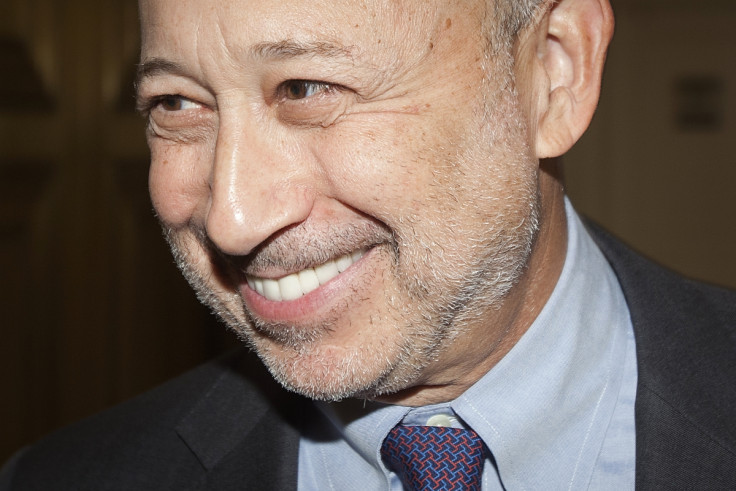Steve Jobs film: When should bosses like Apple visionary tell shareholders they are ill?

Danny Boyle's much-anticipated film Steve Jobs hits UK cinemas on Friday 13 November, weeks after Apple chief executive Tim Cook said said films about the late technology wizard − who died of pancreatic cancer in 2011 − were "opportunistic". The film centres on three iconic launches, ending with the unveiling of the iMac in 1998, which helped propel Apple's fortunes and cement Jobs as one of history's greatest visionaries.
Boyle chose to omit Jobs's death and the subsequent handing of power to current CEO Tim Cook. There is no mention of the letter he wrote to directors in August 2011, eight years after being diagnosed with cancer, to say he was stepping down: "I have always said if there ever came a day when I could no longer meet my duties and expectations as Apple's CEO, I would be the first to let you know. Unfortunately, that day has come," he wrote.
Jobs's health issues had been well-known and shares in Apple fell by 2.4% in 2004 after he told staff he had cancer. At another Wall Street giant, Goldman Sachs shares slipped almost 2% earlier this year when long-standing chief executive Lloyd Blankfein announced he had a curable form of blood cancer.
The health concern of a director is a serious issue for a company
But when does a senior executive have to tell shareholders of their poor health? Stephen Moore, partner and head of employment at Ashfords LLP, explained to IBTimes UK that transparency over health issues was a balancing act.

"It is a difficult balancing act and one which some argue leaves an unsavoury taste in the mouth," Moore admits. "On one hand is the director's right to privacy; a fundamental right in the UK, enshrined under Article 8 of the European Convention on Human Rights. An individual's health is generally considered a private matter and not one which should be subjected to public scrutiny.
"The other side of the coin focuses on the need for transparency within corporate bodies. The health concern of a director is a serious issue for a company, particularly a publicly listed one with external investors and stakeholders.
Shareholders should be privy to information which is pivotal to their investment
"Just as mergers and sales affect a company's value, an executive's health can also have a dramatic effect on its performance. Public perception of a company is vital to its success and news of a director's ill health will almost certainly impact on the price of its stock. To this extent, it is logical that shareholders should be privy to information which is pivotal to their investment."

Shareholders are, of course, protected by statutory law under the Companies Act 2006. However, this does not extend to the health of directors and, as it stands, there is nothing to force directors to reveal health scares.
Directors owe a fiduciary duty to the company to act in good faith
"Under the same UK legislation [Companies Act 2006] directors owe a fiduciary duty to the company to act in good faith and in the best interests of the company. If their ability to serve the company is compromised, there is an obligation to step aside," he adds.
Moore says it is difficult to define a threshold when shareholders were entitled to know about senior executives's health and wonders where the line of disclosure might be drawn.
"If the director has a keen interest in a potentially dangerous pastime, should this also be revealed? There is currently no law in the UK which directly addresses this sensitive issue and the debate remains a controversial one. Indeed, companies have handled such situations differently and it is ultimately for the board and the individual to make a reasoned and informed judgement about what is relevant and in the best interests of all concerned."
© Copyright IBTimes 2025. All rights reserved.






















